Water Operators’ Partnership between Morocco and France_FR
 Les WOP sont des mécanismes de soutien de pair à pair entre deux (ou plus) opérateurs d’eau et d’assainissement-Office Nationale de l’Eau Potable et de l’Électricité (ONEE) Maroc and Syndicat Interdépartemental pour l’Assainissement de l’Agglomération Parisienne (SIAAP) France , menés dans un but non-lucratif afi n de renforcer les capacités des opérateu
Les WOP sont des mécanismes de soutien de pair à pair entre deux (ou plus) opérateurs d’eau et d’assainissement-Office Nationale de l’Eau Potable et de l’Électricité (ONEE) Maroc and Syndicat Interdépartemental pour l’Assainissement de l’Agglomération Parisienne (SIAAP) France , menés dans un but non-lucratif afi n de renforcer les capacités des opérateu
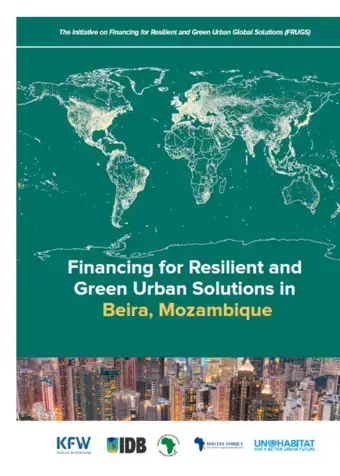
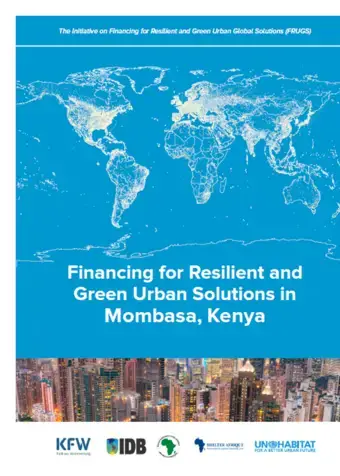
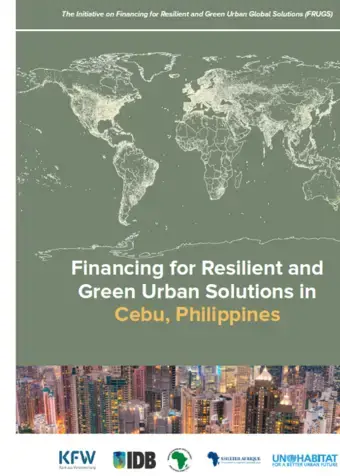
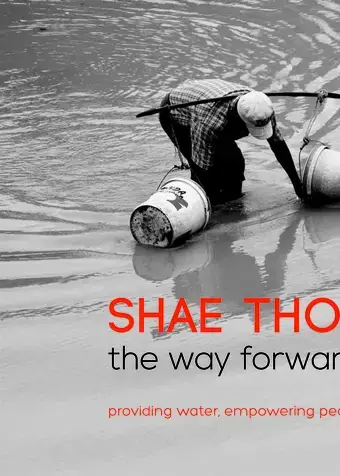
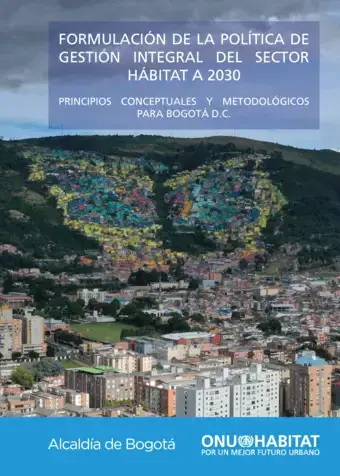
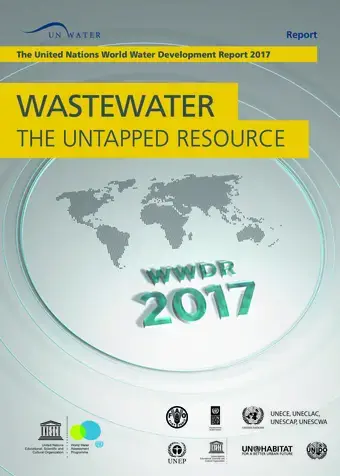


 Los WOP son acuerdos de ayuda mutua entre PDAM Tirta Raharja Bandung Area, Indonesia and Empresa Metropolitana de Abastecimiento y Saneamiento de Aguas de Sevilla (EMASESA) España, que se llevan a cabo sin ánimo de lucro con el objetivo de fortalecer la capacidad de los operadores.
Los WOP son acuerdos de ayuda mutua entre PDAM Tirta Raharja Bandung Area, Indonesia and Empresa Metropolitana de Abastecimiento y Saneamiento de Aguas de Sevilla (EMASESA) España, que se llevan a cabo sin ánimo de lucro con el objetivo de fortalecer la capacidad de los operadores.